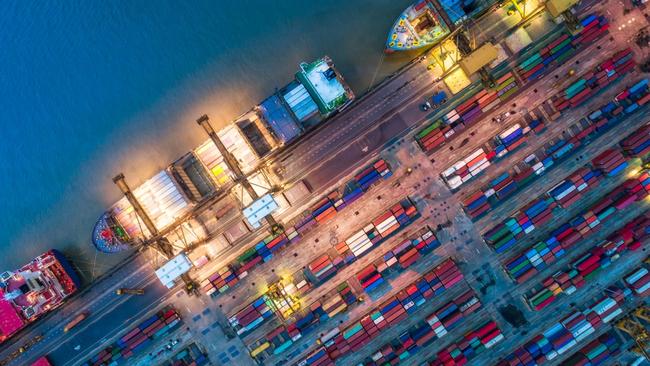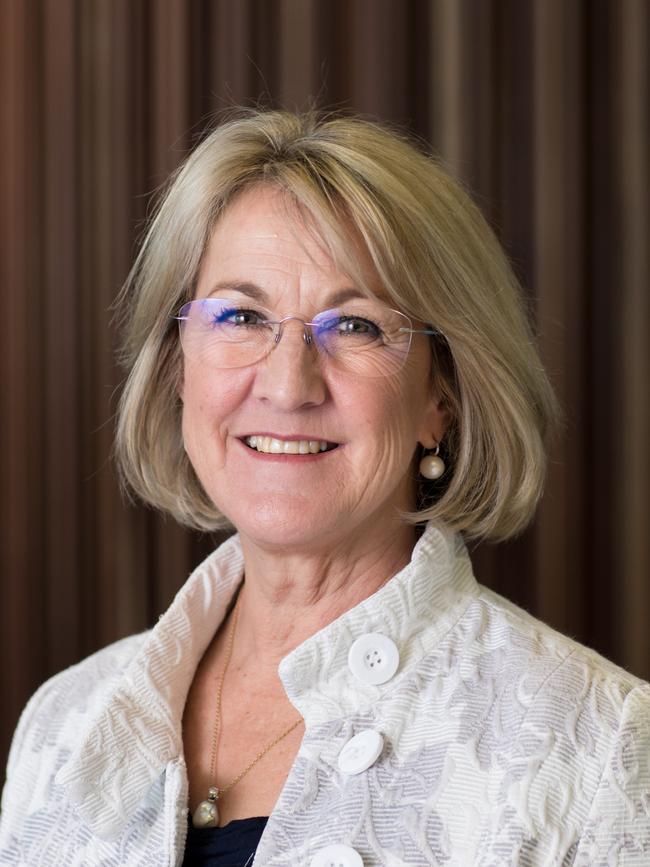It’s time to get serious about supply chains
From road, to rail, to air and sea, the pandemic demonstrated the criticality of integrated, harmonised supply chains.

Until 2019 supply chains were Australia’s “hidden enabler”, governments could be forgiven for underestimating their economic and societal significance. Not now. The pandemic demonstrated that every business, every home, every person is connected to and critically reliant on supply chains for food, medicine, equipment, gadgets – even toilet paper!
Covid-19 has irrevocably changed the way we operate, and it won’t be the last challenge we face. From climate change, geopolitical tensions, escalating trade wars, digital disruption and future pandemics, our supply chains will need the resilience to survive a multitude of scenarios.
The Australian Logistics Council’s members represent the major logistics supply chain customers, providers, infrastructure owners and suppliers – stretching the length and breadth of the supply chain and providing a unique perspective on the challenges and opportunities we face as a country.
As the voice of the nation’s end-to-end supply chain, we are committed to ensuring our sector learns and grows from the experiences of Covid-19.
It’s time for Australian governments to get serious about supply chains and endorse a comprehensive supply chain strategy, one shaped by the learnings of the pandemic and addressing the reforms vital for future challenges.

The current National Freight and Supply Chain Strategy was delivered in 2019 – in the context of Covid-19, it may as well have been written in 1919.
We need an urgent reset, with collaboration across industry and governments.
The pandemic demonstrated the inefficiency of inconsistent standards and regulations across state and local government borders. These must be harmonised so goods can be delivered quickly and smoothly across the country, and we can truly act as a nation.
A new strategy must also address the critical skills shortages facing the sector, ensure infrastructure planning enables efficient freight corridors, and protects land for future transportation needs.
And, like every fuel-dependent sector, we must also address the looming energy transition.
After Covid there is a lot of talk of resilience. By one definition, resilience can mean merely bouncing back or restoring the previous state.
But that’s not good enough – we cannot be satisfied with a return to the status quo, we must bounce forward, creating a stronger, better system.
Now is the time to re-evaluate, reinvest and rebuild our supply chains. And we need to do it together. Our members can guide government by providing innovative policy options to shape safe, sustainable, streamlined supply chains, as well as providing practical advice to tackle immediate challenges.
Australia is a small market, an end port on the world’s minor north-south trade routes, an island nation that relies on air or sea transport for every import and export. We cannot control global shipping and aviation decisions, but we can make our domestic supply chains and landside logistics – plus coastal shipping – as efficient and productive as possible.
Efficiency in domestic supply chains will help negate the delays we experience through international supply chains.
A first step is to implement the national harmonisation of standards and regulations across state and local government borders – freight knows no borders and it does not recognise state lines.
This was made abundantly clear during the pandemic. Attempting to keep the community and business supplied during the pandemic, drivers had to deal with inconsistent local government curfews and differences in state border regulations, causing substantial delays. We cannot afford to have this happen when the next crisis hits.
The sector is facing an acute skills shortage, we need to end it by investing in comprehensive postgraduate, graduate and vocational workforce development. This industry needs more people skilled in data science, mathematics, engineering, robotics, automation and safety, fast thinking people who understand logistics and supply chain system complexity and can keep freight moving.
We must protect our ports and freight corridors and related industrial land from urban encroachment. We cannot trade or grow our economy without having land and infrastructure to enable it.
Then there are substantial issues around alternative fuel and renewable energy, if the transport industry is to support Australia’s transition to a sustainable future. Australia should be at the forefront of the green revolution, and our sector is ready to make that happen.
Australia experienced and learned so much about the importance of supply chains during Covid-19 – we must build on that knowledge to create a stronger future.
-
Hermione Parsons is CEO of the Australian Logistics Council.


